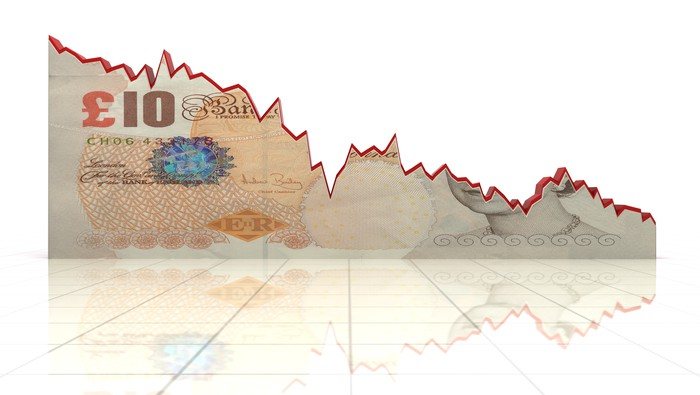Talking Points:
- The BER Business Confidence index contracts in February falling 2 points to 49
- Results were polarized with those in the service sector expecting to fare better
- USDZAR Breaks to the Upside creating a new multi-year high
Dynamic activity within South Africa’s political and economic spears has lowered business confidence in the first quarter of 2015. While the service oriented sectors foresee progressive gains the energy intensive sectors anticipate setbacks. Concerns at the forefront pertain to the availability of energy and additional tax measures.
Business confidence, as measured by the Bureau of Economic Research, contracted in February. In falling by 2 points to 49, the index yields a fairly balanced environment where those not satisfied with business conditions are nearly matched in number by those individuals content with business conditions.
Low fuel prices are aiding those businesses rooted in the consumer sector. In particular retail confidence was heighted to 60 points from 55 as those dealing durable goods noted an improvement in sales performance. Specifically, sentiment among vehicle dealers was lifted to 44 from 30. Conversely for those producers subject to load shedding concerns, confidence fell. The index for the building sector plunged from 66 to 49, while that of the manufacturing sector narrowed further to 30 from 42.
Also altering business confidence, the uncertainty surrounding Finance Minister Nhlanhla Nene’s newly introduced tax increases. First proposed on February 25th in the National Budget, this fiscal measure has the potential to disrupt both cost and demand structures. Most notably fuels, RAF levies, and personal incomes will be subject to rate increases.
USD/ZAR Daily Chart

Chart Created Using MarketScope2.0







